Safety – Essential Safety Products for the Workplace
Safety in the workplace starts with a commitment from everyone involved. Management and employees share the responsibility to maintain a safe working environment. Along with this commitment to planning, training, and practice, the right safety equipment is essential.

Austin Knows Safety
Keeping employees safe from workplace hazards is one of the most important jobs of any employer. Personal protective equipment (PPE) is critical to that goal, especially in manufacturing. Providing essential PPE to employees demonstrates an employer’s commitment to prioritizing their workers' health, safety, and welfare. It not only creates a safe environment but ultimately a more productive one as well.
Essential Safety Products
- Chemical Protection: Chemical-resistant gloves, aprons, and coveralls
- Eye & Face Protection: Safety glasses, face shields, and goggles
- Safety Clothing: High visibility vests and jackets, reusable and disposable paint suits
- Welding Safety: Welding gloves, sleeves, and jackets
- Hand & Arm Protection: Cut-resistant sleeves and cut-resistant and disposable gloves
- Hearing Protection: Earplugs and earmuffs
Our Paint Shop Catalog contains many of the Safety products described here, plus a full line of other MRO consumables.
If you use these products regularly, Austin Hardware can work with you on a Vendor-Managed Inventory program to ensure you’ve always got the necessary protective gear in stock. VMI programs are a great way not only to ensure you always have stock but to take on a partner who will relieve you of the burden of many replenishment tasks off your hands.
For more information on personal protection equipment requirements, see OSHA's standards.
6 Essentials for Employee Safety
Of course, the necessity of many of these products will depend on your specific environment. Safety is not an area where businesses can afford to lose focus or cut corners, especially for manufacturers.
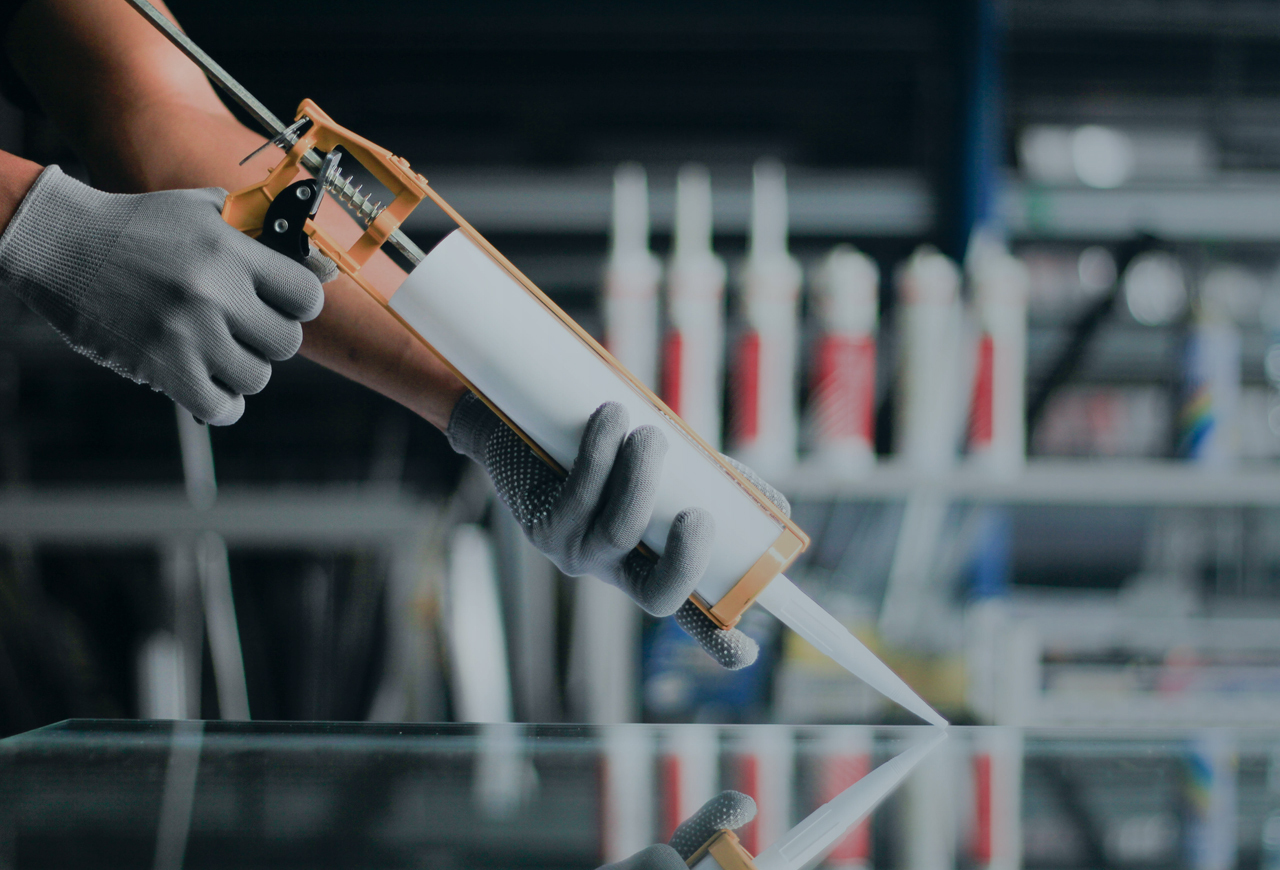
Chemical Protection
Chemical protection is essential in manufacturing environments using adhesives, sealants, paints, or cleaners. Material compatibility is key when selecting safety gear:
Gloves – Choose gloves suited to the chemicals used and employee needs (e.g., latex allergies). Balance thickness for protection and dexterity.
Aprons – Consider material compatibility, ease of wear, and removal.
Coveralls – Provide full-body protection but should be easy to remove, especially in emergencies, to reduce contamination risks.
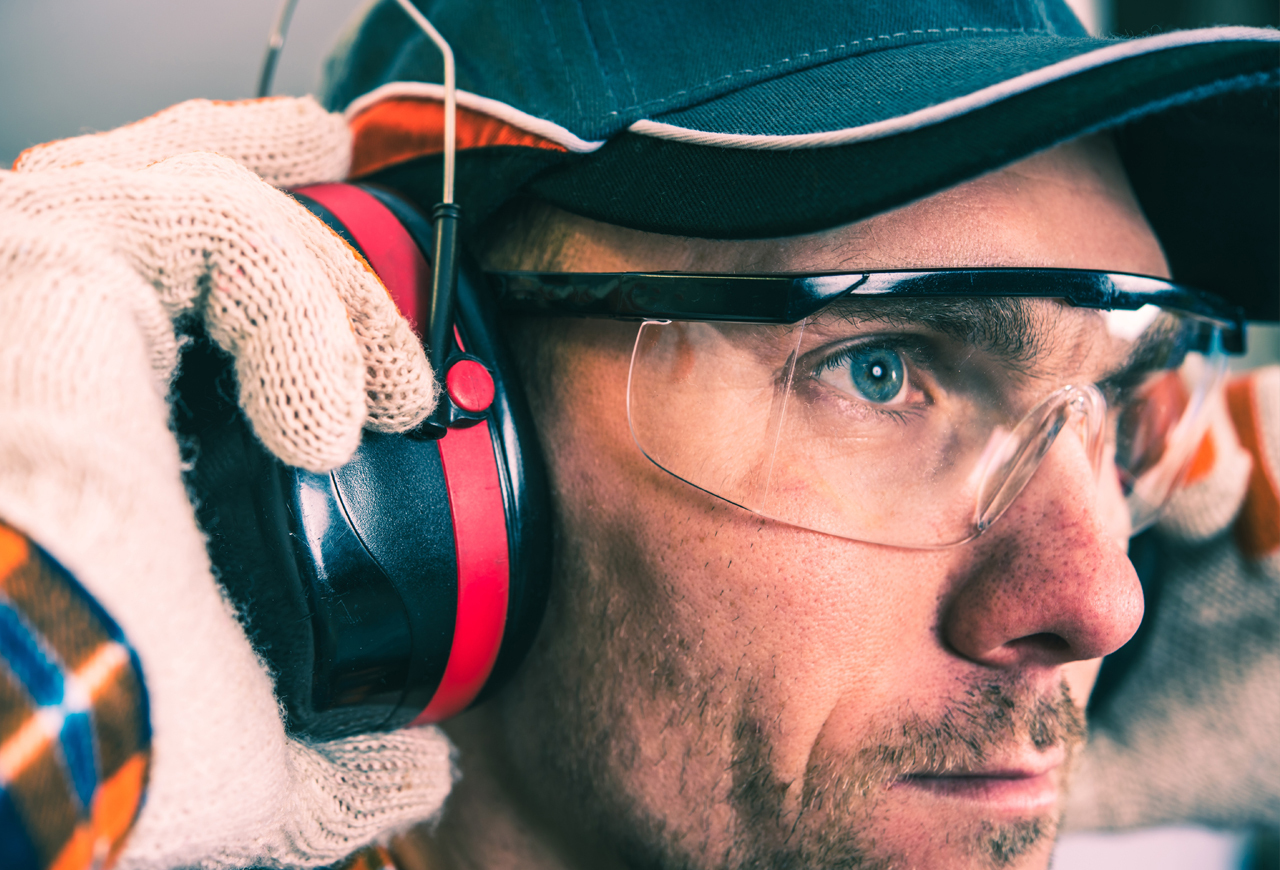
Eye & Face Protection
Workers exposed to flying debris, harmful chemicals, or intense light need proper eye and face protection in industries like manufacturing, construction, welding, and vehicle repair. OSHA requires employers to provide protection against flying particles, molten metal, chemicals, and hazardous light radiation. When choosing protection, assess the specific hazards of tasks and environments:
Safety Glasses – Protect against debris and minor impacts; available with wrap-around lenses, side shields, and various tints.
Goggles – Provide a full seal around the eyes for better protection against dust and chemicals; fit over prescription glasses.
Face Shields – Offer full-face protection and are often used with safety glasses or goggles for added safety.
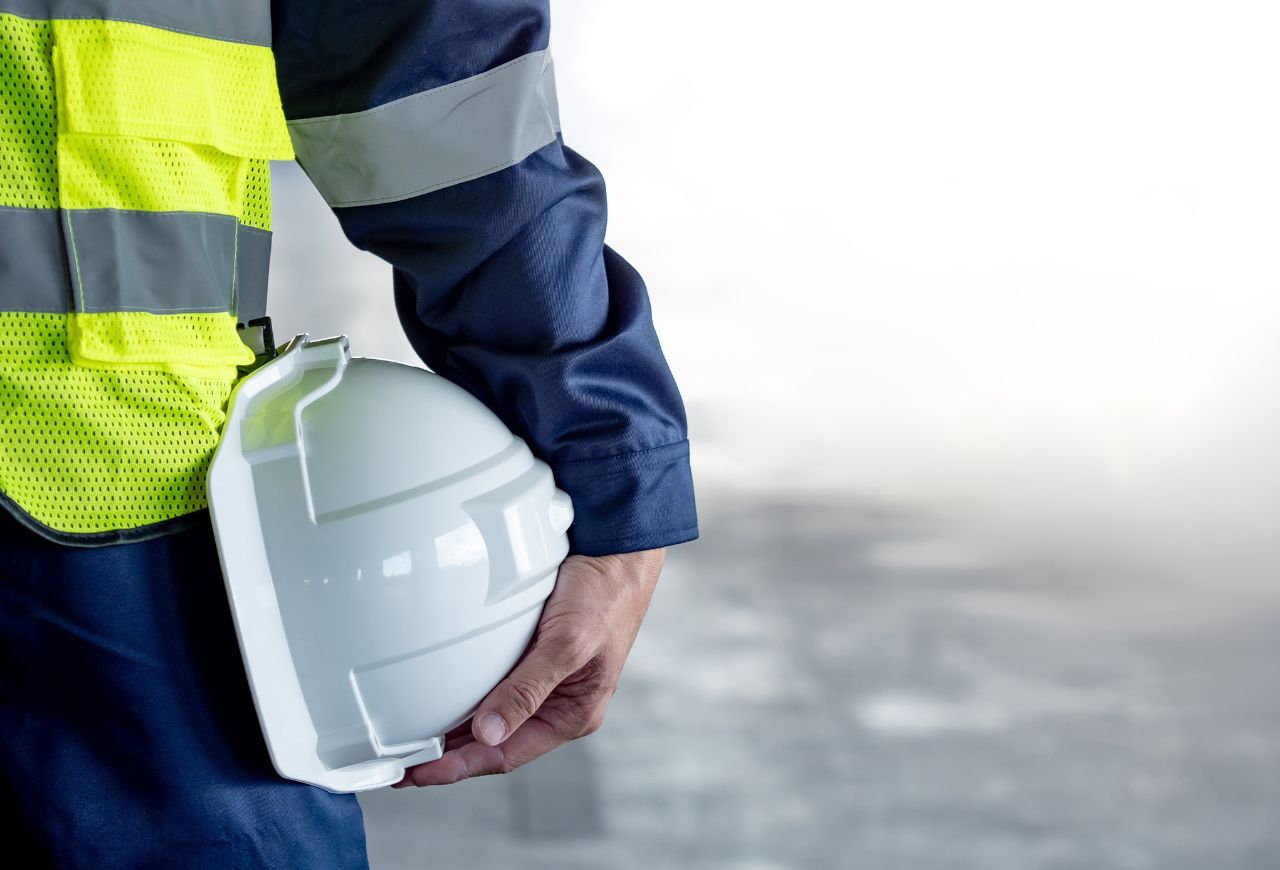
Safety Clothing
Safety clothing varies based on industry hazards, with essential gear for construction workers, first responders, security personnel, maritime workers, and environmental cleanup crews.
High-Visibility Clothing – Vests, jackets, and pants with bright colors and reflective strips enhance visibility in traffic areas, construction zones, and low-light conditions.
Reusable Suits – Durable and designed for long-term use, offering better fit and comfort for repetitive tasks.
Disposable Suits – Ideal for hazardous environments and contamination control, ensuring safety and convenience.
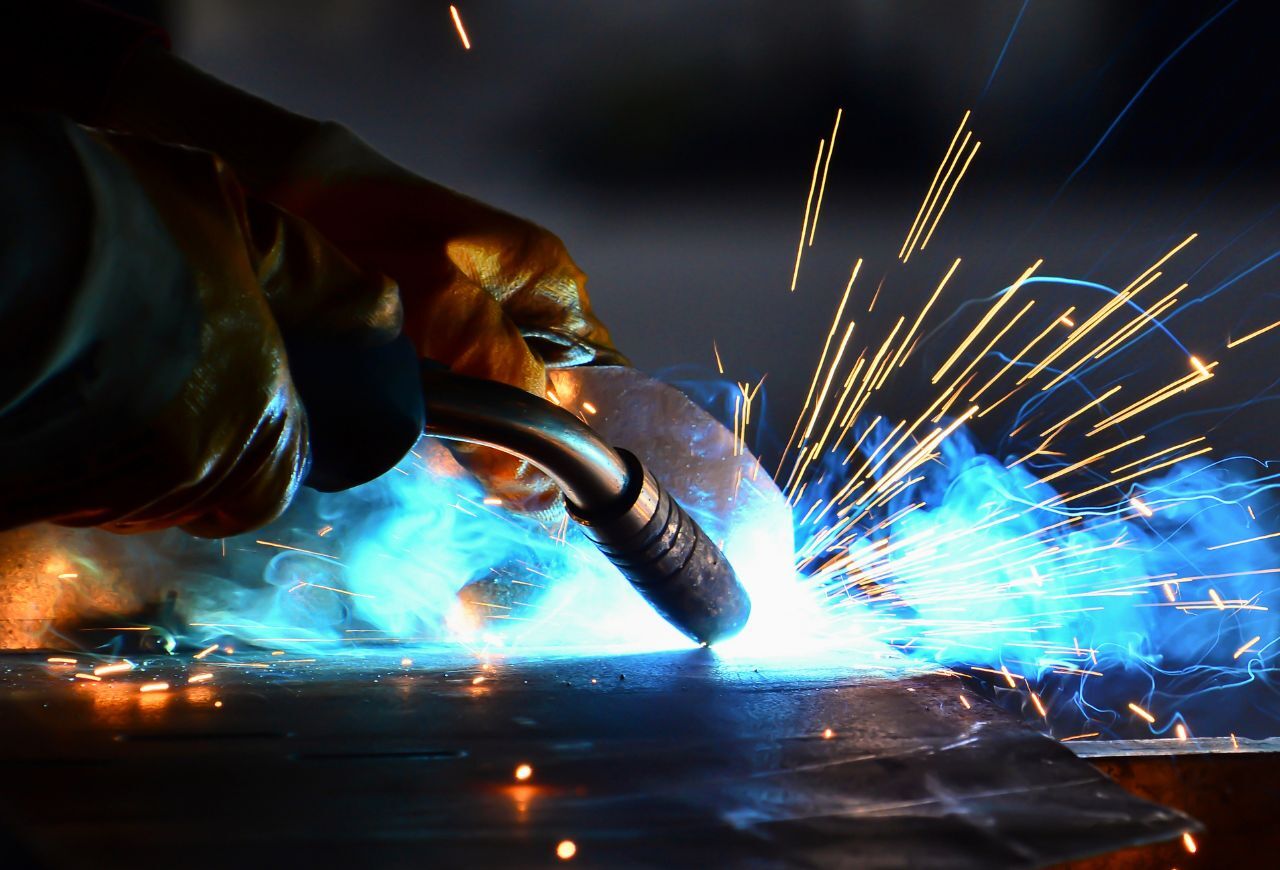
Welding Safety
Welding has been essential since ancient times and remains crucial in industries like manufacturing, construction, rail transport, and oil and gas. Proper PPE is key to keeping welders safe from hazards.
Welding Gloves – Available in MIG, TIG, and SMAW styles, made from materials like cowhide, goatskin, and deerskin. Choosing the right balance of protection, dexterity, and comfort is critical.
Welding Sleeves – Made from leather, Kevlar, carbon fiber, or aluminized fabric, offering additional arm protection based on welding type and hazards.
Welding Jackets – Must provide durability, ventilation, and proper fit while ensuring compliance. Regular maintenance is essential for continued protection.
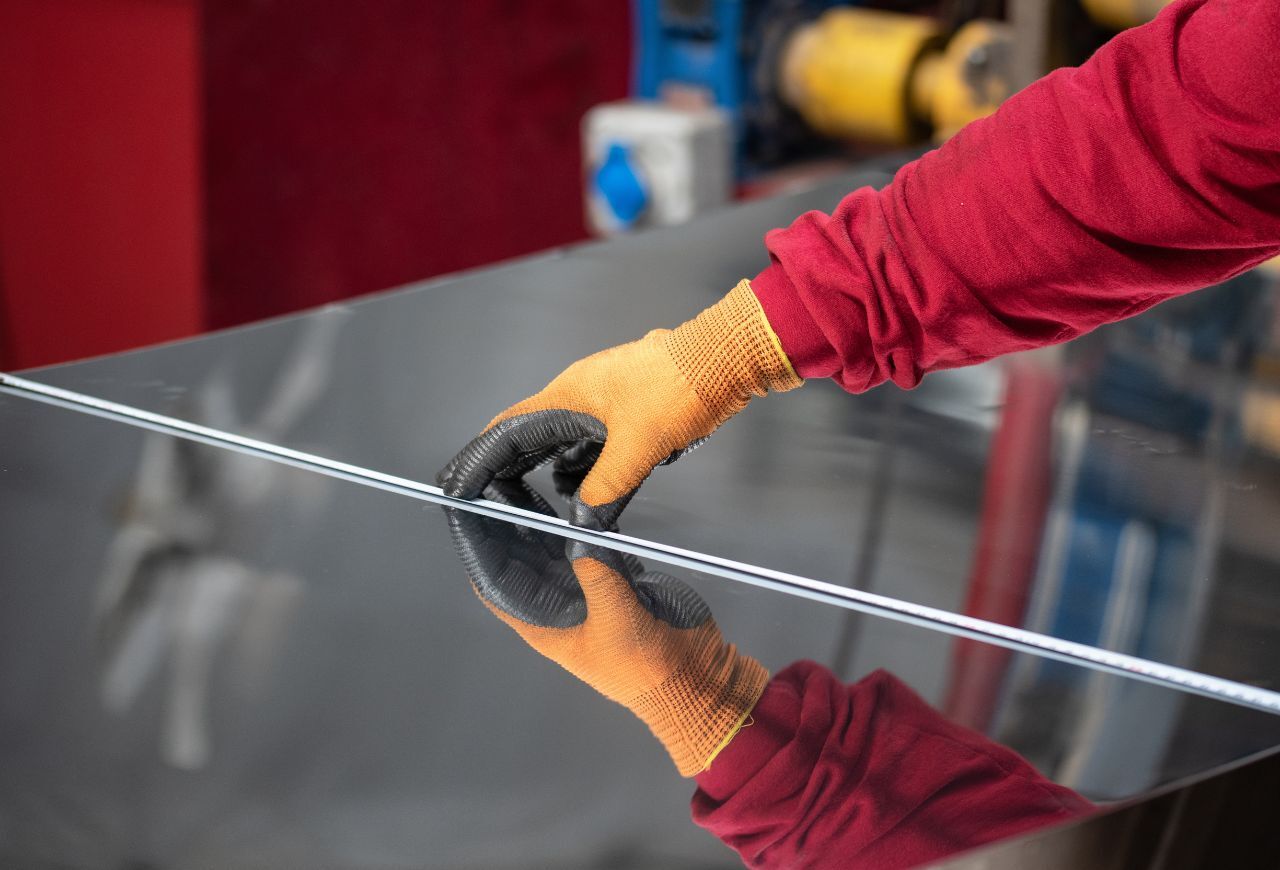
Hand & Arm Safety
Cut-resistant products are essential in industrial, manufacturing, and construction settings. Protecting workers’ hands and arms is critical, but dexterity and productivity must also be considered.
Cut-Resistant Gloves – Select gloves that balance protection and mobility. Look for ANSI 105 and EN 388 compliance for abrasion, cut, and puncture resistance. Material and thickness vary, so worker feedback is key.
Disposable Gloves – Improve safety, hygiene, and efficiency in manufacturing. Protect against chemical exposure while maintaining product quality and regulatory compliance.
Cut-Resistant Sleeves – Essential in metalwork, machining, and carpentry. Provide arm protection against cuts and punctures while allowing workers to perform tasks safely and efficiently.

Hearing Protection
Prolonged exposure to loud noise can cause noise-induced hearing loss or tinnitus, posing a major risk for workers in manufacturing, construction, and aviation. Proper hearing protection is essential to prevent long-term damage.
Earplugs – Made from soft materials like silicone, they fit inside the ear canal and come in reusable or disposable options. They’re convenient but generally offer lower Noise Reduction Rating (NRR) than earmuffs.
Earmuffs – Fit over the ears with cushioned cups to block sound. They provide higher noise reduction but may be less comfortable for extended wear.
Choosing the Right Protection – Select an NRR level suitable for the environment. Overprotection can hinder communication and safety, leading workers to remove their protection.
Resources
Below are some safety related resources.
